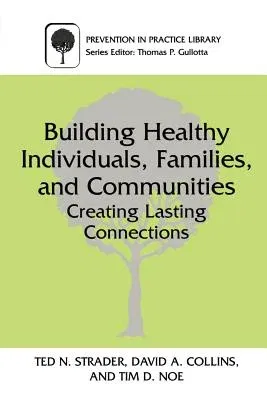Ted N Strader
(Author)Building Healthy Individuals, Families, and Communities: Creating Lasting Connections (Softcover Reprint of the Original 1st 2000)Paperback - Softcover Reprint of the Original 1st 2000, 30 April 2000

Qty
1
Turbo
Ships in 2 - 3 days
In Stock
Free Delivery
Cash on Delivery
15 Days
Free Returns
Secure Checkout
Part of Series
Prevention in Practice Library
Part of Series
Prevention in Practice Library (Paperback)
Print Length
112 pages
Language
English
Publisher
Springer
Date Published
30 Apr 2000
ISBN-10
0306463180
ISBN-13
9780306463181
Description
Product Details
Book Edition:
Softcover Reprint of the Original 1st 2000
Book Format:
Paperback
Country of Origin:
US
Date Published:
30 April 2000
Dimensions:
22.86 x
15.44 x
0.97 cm
ISBN-10:
0306463180
ISBN-13:
9780306463181
Language:
English
Location:
New York, NY
Pages:
112
Publisher:
Weight:
195.04 gm

